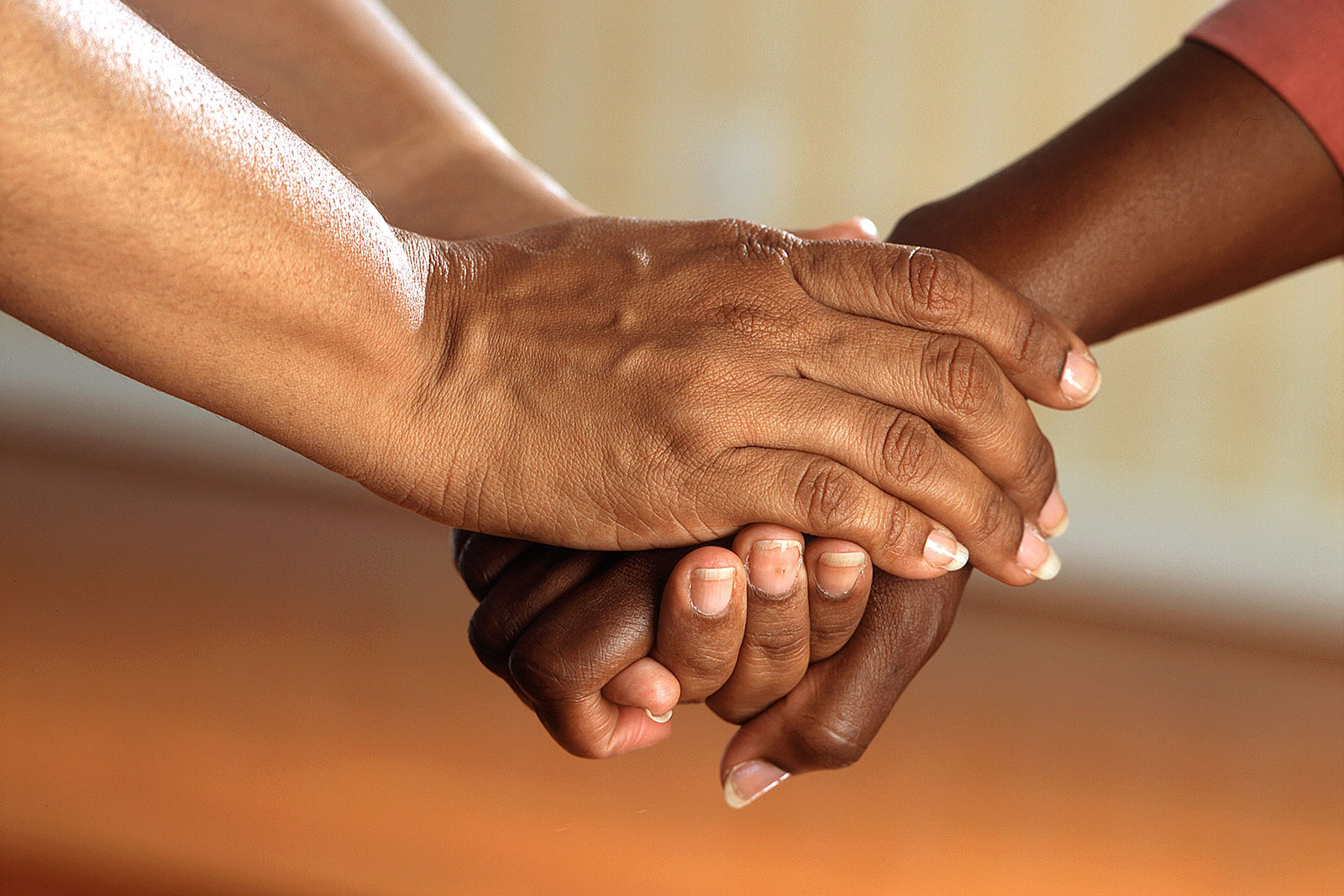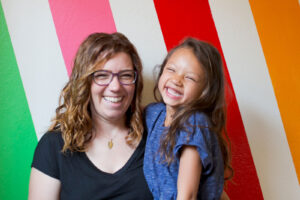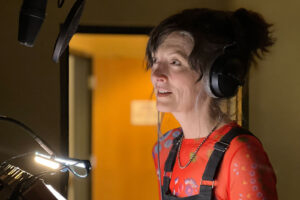Caregiving can be rather unique, as most caregivers are not given time to prepare for what the role will entail. According to a 2015 survey from the National Alliance for Caregiving, more than an estimated 2.8 million people provide care for an adult loved one or friend diagnosed with cancer. LUNGevity estimates that more than 228,000 people will be diagnosed with lung cancer this year. A lung cancer diagnosis can be life-changing not only for the patient but also for their family and friends. It is not uncommon for family members and friends to feel underprepared and overwhelmed by the challenges and responsibilities that come with caring for a loved one who has been diagnosed with cancer.
Katie Brown, vice president of Support and Survivorship Programs at LUNGevity understands the obstacles caregivers face. Not only is Brown a 25-year cancer survivor, but she was also a caregiver to her father who lost his battle with small cell lung cancer in 2002. It was her father’s diagnosis that encouraged her to transition from the corporate to nonprofit world.
“I was completely caught off guard with his diagnosis,” Brown recalls. “He did not have any symptoms. He was never a sick person.”
She and her family quickly realized that they were fighting an uphill battle to find resources that catered to caregivers. At the time, there were none. Battling the stigma associated with her father’s lung cancer diagnosis without helpful resources led to feelings of isolation and fear. For Brown, it’s critical that caregivers are able to find the resources they need to educate themselves and take care of their loved ones.
“Caregivers play such a vital role in the care and quality of life for their loved one,” Brown believes. “They are the voices of patients, and they can act as the bridge between the patient and the medical team. That’s why it’s so important for them to know about what’s available.”
Brown is also the founder and co-creator of the Lung Cancer Support Community (LCSC), a first of its kind message board dedicated to providing online support to those diagnosed with lung cancer and their caregivers. The message board houses more than 400,000 posts and functions as part of LUNGevity’s commitment to supporting lung cancer patients and their families.
“There’s a lot of information out there, there are a lot of tools and techniques on how to cope, but when you become a caregiver, you are on your own,” Brown admits. Using the support and survivorship programs curated at LUNGevity, lung cancer patients and their caregivers can connect with other caregivers and receive trusted answers to commonly asked questions. The goal is to improve the caregiving experience at every stage of the process.
It’s been a rewarding experience for Brown to witness the outpouring and exchange of information using LUNGevity’s support and survivorship programs. She’s constantly working to gather more information and cultivate more informative conversations between caregivers and trusted healthcare professionals. It’s a responsibility she prioritizes especially now during the COVID-19 epidemic when so many lung cancer patients and caregivers are dealing with the challenges it brings.
“You know, a lot of caregivers and patients right now feel very isolated,” Brown shares. “They’re missing their family members and their grandkids, they’re missing the social aspect of the way it used to be.”
Brown encourages caregivers to communicate their fears and concerns to doctors and other healthcare professionals who treat their loved ones. Helpful tips and advice from medical professionals can help to inspire peace of mind for caregivers. She also suggests being a little creative, and adding a bit of fun to typical home activities like dressing up for dinner or having picnics outside.
Ultimately, Brown suggests that caregivers do what’s best for them and their loved ones to help keep them safe and in good spirits. “We don’t want our patients and their caregivers to feel isolated, so it really is about communication and thinking about things a little bit differently until we get back to life the way it was,” she says.
Brown is excited to see what the future holds for caregivers and the resources that will be available to them. She is committed to improving the caregiving experience and vows to continue to advocate for lung cancer patients and their caregivers. “For me, being a caregiver was the hardest job I ever had, but it was also the most rewarding,” says Brown. “I would not trade in those 11 months for anything, because that was my quality time with my person.”







